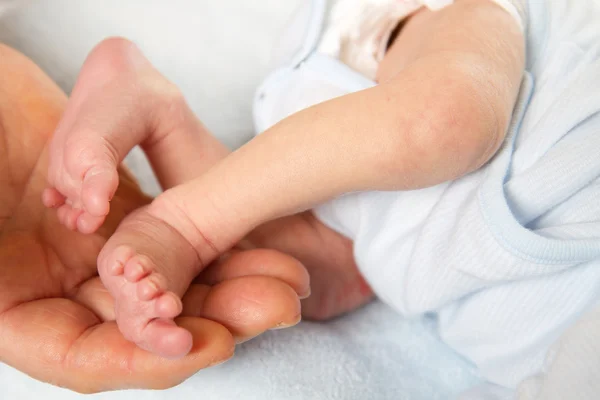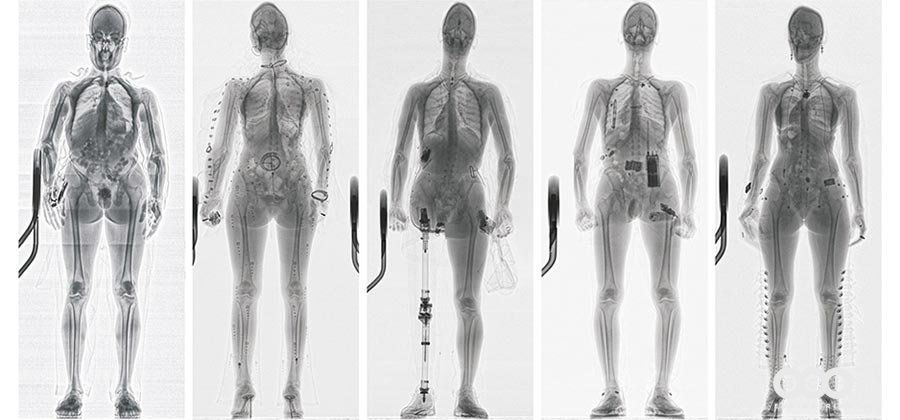How to let your child grow up
Letting Your Kids Grow Up: Some Tips For Easing The Transition
Letting Your Kids Grow Up: Some Tips For Easing The Transition
My oldest son turned 15 in May. And sometimes I think to myself, "I'm too young to have a kid this age! Heck, I'm even too young to be a mother!" While I still think I'm 22, alas, I am not. (Although I will be in my head forever!)
I know every parents say this, but it's true: they grow up too fast. It seems like yesterday that he was screaming his head off as a colicky newborn baby. And then still screaming his head off as a toddler. I remember thinking, "how long until he goes to kindergarten?!" As you can probably guess, those days were not easy for me. He was not an easy child. And in some ways he's still not (he is a teenager after all!) but in other ways, he's the perfect child. He's an honors student who has over a 4.0 GPA. He doesn't party. He talks to me. He's a really good kid.
But in less than a year, he will have his driver's license. And since he is a pretty responsible kid, I am not too worried. But nonetheless, as a mother, I do have fears. I worry because he can be a bit scatter-brained. While he is practically a genius (he can solve the Rubik's cube in about 10 seconds), his common sense skills are lacking sometimes. He likes to go for long walks, and I always worry that he won't look both ways when he crosses the street because his mind was somewhere else. And now he's going to be driving! There are so many distracted drivers out there to begin with, and I don't want him to become another one.
Advertisement
And in a few years, he will be off to college. It really does blow my mind because as every mother knows, they will always be your baby, no matter how old they get.
As I'm going through this process of letting my kids grow up (and letting go), I thought I would reflect on my experience and share some of the things I have done that have worked for me. And hopefully they'll work for you too.
1.Treat them like an adult, but don't trust them too much.
When I say treat them like an adult, I mean treat them with the same respect as you would any other adult. Sometimes parents like to talk to their kids as if they were idiots - especially younger children. But they are human beings, and we all want to be treated with respect - especially by the people we love. And they're more likely to act like an adult when you treat them this way because many kids live up (or down) to their parents' expectations. However, realize that they are still kids and can do stupid things - so be realistic.
2.Let them gradually have more freedoms.
When my son wanted to start walking around the neighborhood, I was worried. What if someone kidnapped him? What if he got hit by a car? What if he got lost? All sorts of questions like that ran through my head. But you can't lock your kids up and never let them out. You have to continually give them more and more freedoms as time goes on.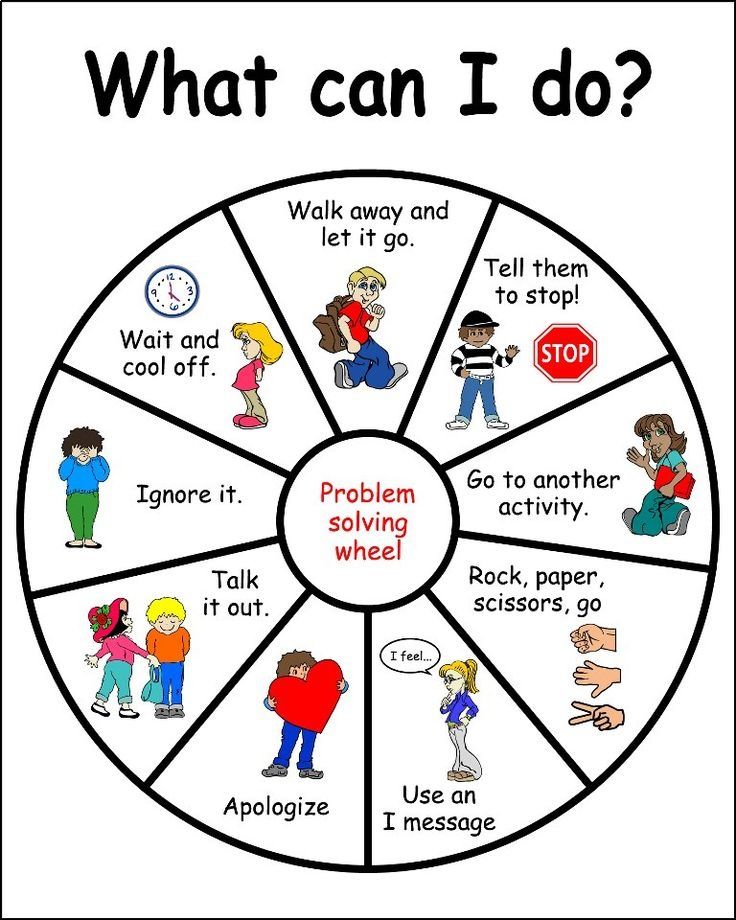 It's not as easy as it sounds.
It's not as easy as it sounds.
3.Keep an open mind.
Advertisement
Many of us tend to be the same kind of parent that ours were. And many of those parents were very rigid with their rules. However, keep in mind that the times are very different now. And also keep in mind that a rule that worked when they were 7 might be a little ridiculous when they are 17. It's okay to keep evolving.
4.Talk to them.
When kids feel like they can talk to their parents, they feel safe and supportive. That doesn't mean that the parents should act like a friend. The best blend is that of a disciplinarian and a friend. Let them know that you will always be there to listen and help them.
5.Let go.
It's one thing to think about letting go (both with rules and emotionally), but it's another to actually do it. You will eventually have to change the guidelines and life rules. When they come home from college on summer break, realize that they have been on their own for a while making their own decisions.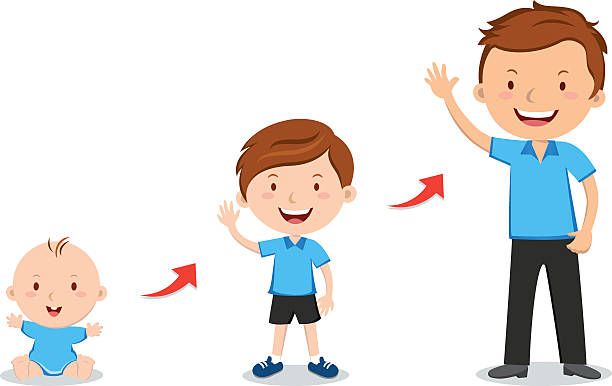 So it's important that they know you trust them enough to let them go.
So it's important that they know you trust them enough to let them go.
Raising kids is never easy. And it's even more difficult to let them go. I think most parents want to protect their kids as much as possible, but we need to let them turn into responsible adults. Hopefully these tips will help you and your kids along the way!
Related
Empty NestParenting WomenChildrenParentsBefore You Go
Professor. TV Personality. Keynote Speaker. Coach. Author. Proud Mom. Lover of Life. Bad Cook.
Popular in the Community
You May Like
Trending
Letting your child grow up
Please allow me to be a bit vulnerable. There have only been a handful of times in my adult life when I have had to fight a battle with uncontrollable tears. One was when my mother died. Another was the day I watched our son, Cody, drive down our street, turn the corner and head off for his future. He wasn’t leaving for another semester of college or for some temporary adventure; he was leaving for good.
Most of my sadness was for me. I was going to miss the relationship that I had enjoyed with him up to that point in his life. I had been his provider and protector. But those roles had come to an abrupt halt when I hugged him goodbye and watched him drive away. From that moment on, he was assuming complete responsibility for his life. It was what he was born to do.
I knew from my own experience that there were some tough lessons waiting for him; lessons that he would have to face on his own. He could call for advice, but I wouldn’t be able to direct his actions or come to his rescue when he failed. Oh, I could . . . if I wanted to keep him weak and co-dependent. But if I was going to operate in his best interest, it was crucial that I let him go. It’s one of the toughest parts of parenting.
Blurred lines
The mantra of parenting used to go something like this: "Be in by twelve and out by eighteen." A child brought up in this kind of environment knew that he or she had better get up to speed quickly because once they turned 18, it was "Ready or not, here I am. " And the parent knew that they’d better be deliberate in that brief corridor of time because once that child left the launch pad, there would be little that they could add to their child’s journey into adulthood.
" And the parent knew that they’d better be deliberate in that brief corridor of time because once that child left the launch pad, there would be little that they could add to their child’s journey into adulthood.
Today, however, four years of college are now considered part of a minimal education for the future. But launching kids to independence is not as simple as adding four or five years to that original plan before they make a clean break. The lines between dependence and independence have been radically blurred by two huge factors: insecure, over-controlling parents and technology.
There have always been insecure and over-controlling parents. But, in the past, all a child had to do to solve that problem was move outside the range of their parents’ sphere of control. Distance and time usually weaned Mom and Dad of their overbearing ways.
That’s much harder to do now that technology has turned Marshall McLuhan’s concept of the "global village" into a reality. Cell phones, text messaging, emails and video conferencing have virtually erased any distance between parents and their children. If a parent wants to continue to wield daily influence in their adult children’s lives, it’s just a speed-dial away.
If a parent wants to continue to wield daily influence in their adult children’s lives, it’s just a speed-dial away.
Moving to the background
Proverbs 22:6 reminds us that we are to: "Train up a child in the way that they should go, and when they are older they will not depart from it." There needs to be a point on the calendar when our role as parents moves from being a resource in our children’s lives to a reference point. We can be a sounding board for their dreams and their disappointments. But we must resist the toxic urge to continue to manage their day-to-day schedules or try to write the script for their future.
Most of all, we must let them succeed or fail financially on their own. To do otherwise is to create a noxious alliance between parents and grown children that keeps those children weak, pollutes their marriages and ultimately stunts their potential.
All I’m talking about is that day when we hand our children completely over to God’s "24/7/365" watch-care. Our job was to raise them in an environment of grace; meet their inner needs for security, significance and strength; put character into their hearts; and aim them at a great future of loving God and serving others.
Our job was to raise them in an environment of grace; meet their inner needs for security, significance and strength; put character into their hearts; and aim them at a great future of loving God and serving others.
When our children are young, we are to be God’s assistant. But, ultimately, there comes a time when we must move to the background so that He can occupy our place in the foreground of their lives. On that day, we may shed some tears, but we can be certain that "He who began a good work in them will be faithful to complete it" (Philippians 1:6). That’s our daily prayer for Cody and for your children, too.
Dr. Tim Kimmel is the author of Why Christian Kids Rebel and the award-winning Grace Based Parenting. He is also the executive director of Family Matters®, a non-profit ministry that equips families to appropriate God’s grace in every age and stage of life. For more information about Tim, his books and his conferences, visit FamilyMatters. net.
net.
© 2007 Dr. Tim Kimmel. All rights reserved. International copyright secured. Used by permission.
If you liked this article and would like to go deeper, we have some helpful resources below.
Free advice on marriage, parenting and Christian living delivered straight to your inbox
How to increase the height of a child? - KP.RU
Komsomolskaya Pravda
Society
August 31, 2005 1:00
Will the child grow taller than the father? - My son is 10 years old. He is 125 cm tall and weighs 28 kilograms. It worries me...
Will the child grow taller than the father? - My son is 10 years old. He is 125 cm tall and weighs 28 kilograms. It worries me... - Tell me, how tall are your parents? - Mom - 163, dad - 172 cm. - The predicted height of your child is above 170 centimeters. While his height corresponds to a seven-year-old child. The height of the child is calculated as follows: we add the height of the father to the height of the mother.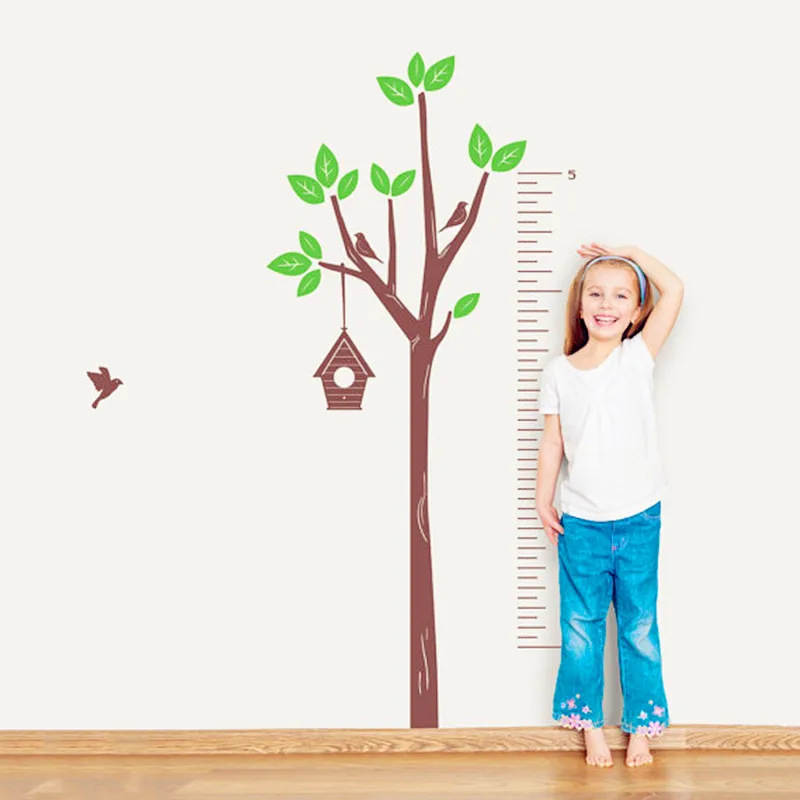 Divide the resulting number by two. Then, if it's a boy, add 12 cm. If it's a girl, subtract 12. If the child grows less than 3 centimeters per year, you should contact an endocrinologist. We have a children's endocrine department in Chelyabinsk at Children's Hospital No. 8. Phone: 721-78-41. Come, we'll examine it. The cause of growth retardation can be not only heredity (family growth patterns), but also thyroid disease or adrenal disease. You need to look at blood hormones, thyroid hormones, growth hormone. nine0004
Divide the resulting number by two. Then, if it's a boy, add 12 cm. If it's a girl, subtract 12. If the child grows less than 3 centimeters per year, you should contact an endocrinologist. We have a children's endocrine department in Chelyabinsk at Children's Hospital No. 8. Phone: 721-78-41. Come, we'll examine it. The cause of growth retardation can be not only heredity (family growth patterns), but also thyroid disease or adrenal disease. You need to look at blood hormones, thyroid hormones, growth hormone. nine0004
- Tatyana Petrovna is worried. Tell me, what is the reason for the small stature? The child is 13 years old and 135 centimeters tall. TTG is normal. They took a picture of the hand - they said that the bone age corresponds to years. - What is the height of mom and dad? - Moms - 163, dads - 165. His mother grew up only after the 8th grade. At first, the father also lagged behind his peers ... - 20% of children grow more slowly than their peers. This is a variant of the norm.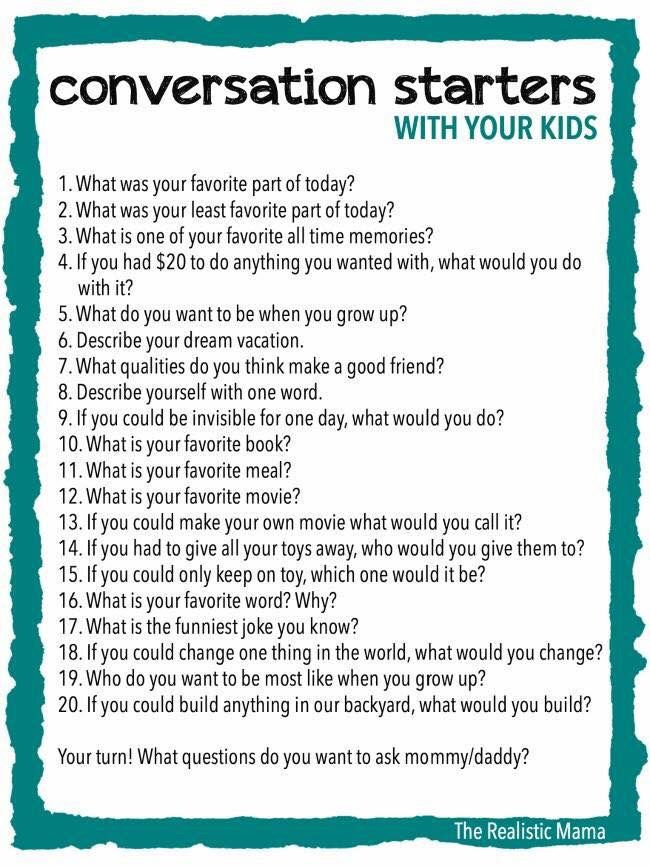 In such children, puberty begins two or three years later. He will grow up the same as dad, but later than the children from his class. - And 5 cm taller than dad? - The prognostic growth of your child is 175 centimeters. The rest depends on lifestyle and nutrition. He should eat well: 100 grams of meat, 100 grams of fish, 100 grams of cottage cheese, 2 glasses of milk or kefir per day. If it does not receive protein, then there will be nothing to grow from. Gymnastics on the Swedish wall, stretching exercises give 5-7 cm extra height? - Is it possible to wrestle? - In power sports, the loads are large! Better athletics, tennis and swimming. Our patients say that after the pool they really want to eat. And if the child is thin - let him eat from the belly. nine0004
In such children, puberty begins two or three years later. He will grow up the same as dad, but later than the children from his class. - And 5 cm taller than dad? - The prognostic growth of your child is 175 centimeters. The rest depends on lifestyle and nutrition. He should eat well: 100 grams of meat, 100 grams of fish, 100 grams of cottage cheese, 2 glasses of milk or kefir per day. If it does not receive protein, then there will be nothing to grow from. Gymnastics on the Swedish wall, stretching exercises give 5-7 cm extra height? - Is it possible to wrestle? - In power sports, the loads are large! Better athletics, tennis and swimming. Our patients say that after the pool they really want to eat. And if the child is thin - let him eat from the belly. nine0004
- They call from Magnitogorsk. My child is 8 years old, from the age of five he has been registered with an endocrinologist. The diagnosis is hypothyroidism. Do we have to drink El Teroxin all the time? - Are you monitoring your thyroid-stimulating hormone levels? - Yes.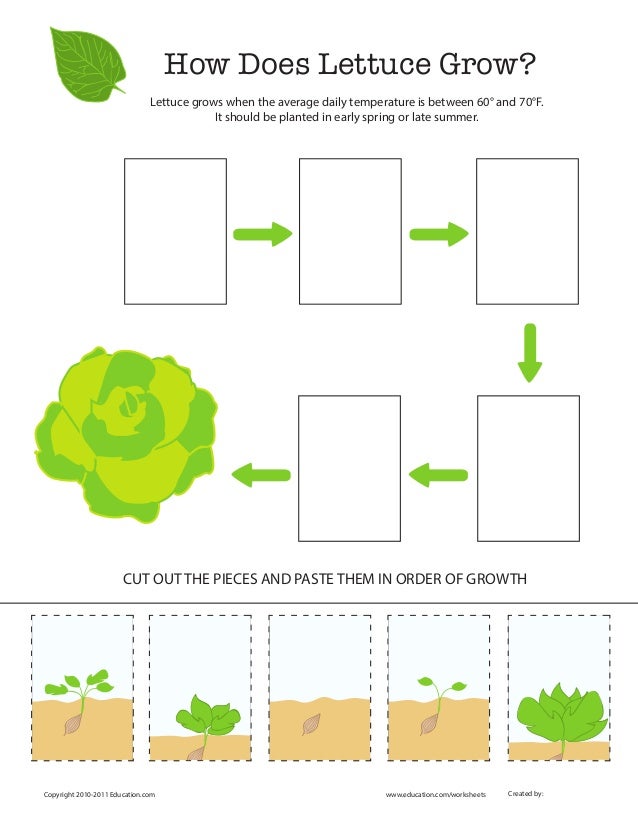 - Usually after a year or two of treatment, we try to cancel this hormone. Two weeks is a break. Then do a blood test for the hormone TSH. If he is normal, then you can “rest” for another three months without medication. However, every three months it is worth taking this test to control the level of the hormone in the blood. If he remains normal, you can cancel the treatment. - Is it possible to take the child to the south? - Can. But not just in the summer. You can't sunbathe with thyroid disease. nine0004
- Usually after a year or two of treatment, we try to cancel this hormone. Two weeks is a break. Then do a blood test for the hormone TSH. If he is normal, then you can “rest” for another three months without medication. However, every three months it is worth taking this test to control the level of the hormone in the blood. If he remains normal, you can cancel the treatment. - Is it possible to take the child to the south? - Can. But not just in the summer. You can't sunbathe with thyroid disease. nine0004
Girls mature at age 7 - Daughters turned 7 in July. But she already has primary sexual characteristics: breasts are swollen, pubic hairs. Excess weight. It worries me. Isn't it too early for us to grow all this? - Recently, in connection with acceleration, the norms of puberty are being revised. Previously, we did not notice any signs of sex until the age of 8. Now, in girls, these "feminine" signs appear from 7-12 years old, in boys - from 9-12 years old. 15-20% of children mature while studying in the first grade - there is nothing criminal in this. However, early puberty may also be associated with impaired thyroid function. You should see an endocrinologist in order to be calm for the health of the child and dispel all doubts. nine0004
15-20% of children mature while studying in the first grade - there is nothing criminal in this. However, early puberty may also be associated with impaired thyroid function. You should see an endocrinologist in order to be calm for the health of the child and dispel all doubts. nine0004
- A 7-year-old child had an ultrasound of the thyroid gland. Sizes are oversized. Volume: 4.6 cm3. Lymph nodes are not enlarged. Conclusion: Echographic signs of diffuse enlargement of the thyroid gland 1a degree. He is growing strongly with us: his height is already 1 meter 30 cm. Weight - 25 kg. The child is very tired... - With such a size of the thyroid gland, we recommend taking iodomarin tablets. A 7-year-old child needs 50 micrograms per day. Drink six months once a day in the morning. Then repeat the ultrasound of the thyroid gland: is there any effect of the treatment. - And in what dosage to drink iodomarin for an adult, 30-year-old daughter? - Iodized salt in ordinary dishes is usually enough for an adult. Our region is poor in iodine, we lack this microelement either in water or in soil. nine0004
Our region is poor in iodine, we lack this microelement either in water or in soil. nine0004
Can a child be given an adult diet pill? - The mother of a 12-year-old boy calls. We had an appointment with an endocrinologist: we were overweight by 12 kg. They passed the tests - everything is normal: sugar, glucose and cholesterol. We were given a diet. - Your metabolism is not disturbed. Usually we limit ourselves to prescribing a diet. - It is difficult for an adult to go on a diet, what can we say about a child? She's not that tough. Limit dietary fats. Dairy products are allowed, but fat-free. That is, buy him not glazed cheese, but ordinary cottage cheese in packs. If kefir is 2.5% fat, not 3. Only cakes, pastries, pastries, smoked delicacies, sausages are excluded - there is a lot of fat. Bread can be eaten, but only black varieties. Get exercise. The largest energy burn occurs between 5 and 7 pm. Let the child cut circles at this time, running around the house .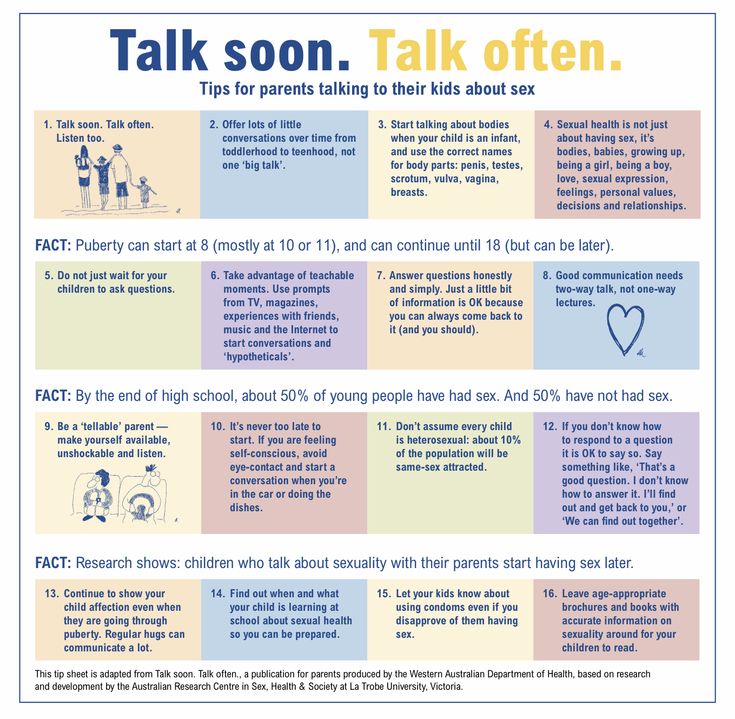 ..
..
- Is it possible for a 14 year old child to take diet pills. Height - 182 cm, weight - 80 kg. But he is loose, the tummy is outlined, there are stretch marks on the hips ... - There are strict indications for the appointment, they must be prescribed by an endocrinologist. Xenical and Meridia are the only drugs officially approved by the Ministry of Health and can be used by a teenager from the age of 14. But there must be a clear metabolic syndrome, a metabolic disorder. If five kilograms are extra, then diet and physical activity will be enough for you. nine0004
- How do you feel about the preparation "Iodine-active"? - This is a food supplement. Endocrinologists don't know how much iodine it contains. And so you can harm the child: suddenly it contains a larger dose than necessary, or it does not receive iodine at all. All over the world, only two drugs are used, where iodine is clearly dosed - these are iodomarin and iodide.
How should a child grow up? At 1 year old - 75 cm. At 2 years old - 87 cm. At 3 years old - 95 cm. Then - every year, 5 cm. nine0013 Children under 3, 25-50 micrograms per day. Children 3-10 years old - 50-100 micrograms per day Children 10 years and older - 100-150 micrograms per day.
At 2 years old - 87 cm. At 3 years old - 95 cm. Then - every year, 5 cm. nine0013 Children under 3, 25-50 micrograms per day. Children 3-10 years old - 50-100 micrograms per day Children 10 years and older - 100-150 micrograms per day.
Dossier "KP": Tatyana POPOVA 50 years old. Unmarried. Graduated from the Chelyabinsk Medical Academy. She worked as a neonatologist and district pediatrician, for 17 years as an endocrinologist. Hobbies: growing indoor flowers, mainly violets.
Attention parents of allergic children! - What are the main allergens? - Is it possible for an allergic person to visit a kindergarten? Is bronchial asthma curable? Answers to these questions can be obtained 5-9September at the Allergy School with professors and teachers of the Department of Children's Diseases of ChelGMA. Classes will be held at 17.00 in the conference hall of the children's corps of the Chelyabinsk City Clinical Hospital No. 1 on the street. Vorovskogo, 16. School education is free.
Vorovskogo, 16. School education is free.
Age category of the site 18+
The online publication (website) is registered by Roskomnadzor, certificate El No. FS77-80505 dated March 15, 2021.
EDITOR-IN-CHIEF OF THE SITE - KANSK VICTOR FYODOROVICH. nine0004
THE AUTHOR OF THE MODERN VERSION OF THE PUBLICATION IS SUNGORKIN VLADIMIR NIKOLAEVICH.
Messages and comments from site readers are posted without preliminary editing. The editors reserve the right to remove them from the site or edit them if the specified messages and comments are an abuse of freedom mass media or violation of other requirements of the law.
Editorial address: Chelyabinsk, Krasnaya st., 4, 6th floor Postal code: 454091 Chelyabinsk, office 611 Contact phones: +7 (351) 266 66 81, +7 (351) 265 80 66
Exclusive rights to materials posted on the website www.kp.ru, in accordance with the legislation of the Russian Federation for the Protection of the Results of Intellectual Activity belong to JSC Publishing House Komsomolskaya Pravda, and do not be used by others in any way form without the written permission of the copyright holder.
Acquisition of copyright and contact with the editor: [email protected]
Useful tips to increase the growth of the child
Many parents observe the growth process of their child from early childhood, almost from the cradle, especially when they themselves are undersized. Children are born with a height of about 48-54 cm, and in the first year of life they grow to 75 cm. In the second year they gain no more than 10 cm. The third jump occurs from 4 to 7 years. During these periods, it is not yet clear how the baby will grow. Therefore, special attention should be paid to the growth of the child during puberty (from 10 to 13 years), when one of the growth spurts occurs. In total, children grow up to 20 years. Predicting growth is very difficult, because it directly depends on many factors. These are genetic (short children are usually born to short parents) and intrauterine (during pregnancy, the child grows intensively). If for a certain period the child grew at the right pace, and then growth slowed down, it is worth taking him to the doctor, who will say if the child has health problems, or if such a pace is normal for him. nine0004
nine0004
A little about the growth factors of a child.
The bones of children grow at the expense of cartilage plates placed at their ends. As the child grows, cartilage cells divide and new ones form. Cartilage cells are a source of "building material" for bones. When they are destroyed, they form bone tissue. During puberty, all growth zones are influenced by the teenage hormonal system. Due to the joint action of hormones, normal processes of development and growth are carried out. Some chronic diseases also affect a child's growth. These are lung diseases, heart disease, anemia, liver and kidney diseases, congenital syndromes of the skeletal system. When identifying obvious signs of dwarfism (dwarfism), it is necessary to investigate the somatotropic function of the pituitary gland - a rather expensive analysis. Or regularly conduct a diagnosis of the growth of the child. nine0004
If an insufficient amount of hormones that have an effect on bone growth is detected, hormone therapy is indicated. But do not rush to take the drugs, conduct a thorough examination by an endocrinologist, only he can prescribe the appropriate appointment.
But do not rush to take the drugs, conduct a thorough examination by an endocrinologist, only he can prescribe the appropriate appointment.
With a great desire to grow, you need to try many of the recommended techniques. A lot of articles have been written on increasing the growth of a child.
By reading the materials and getting to know the exercises, you will learn how you can grow up through physical and mental exercises. Their daily implementation will not take much time. A good effect is given by special physical exercises, dosed loads on the musculoskeletal system using special devices and simulators. From childhood it is necessary to teach children to sports games such as basketball, volleyball, as well as hardening, thermal procedures. Heavy physical activity is contraindicated at the age when the body is growing. It is necessary to ensure that the child does not secretly smoke or drink alcohol. Note that good nutrition favorably affects the increase in growth.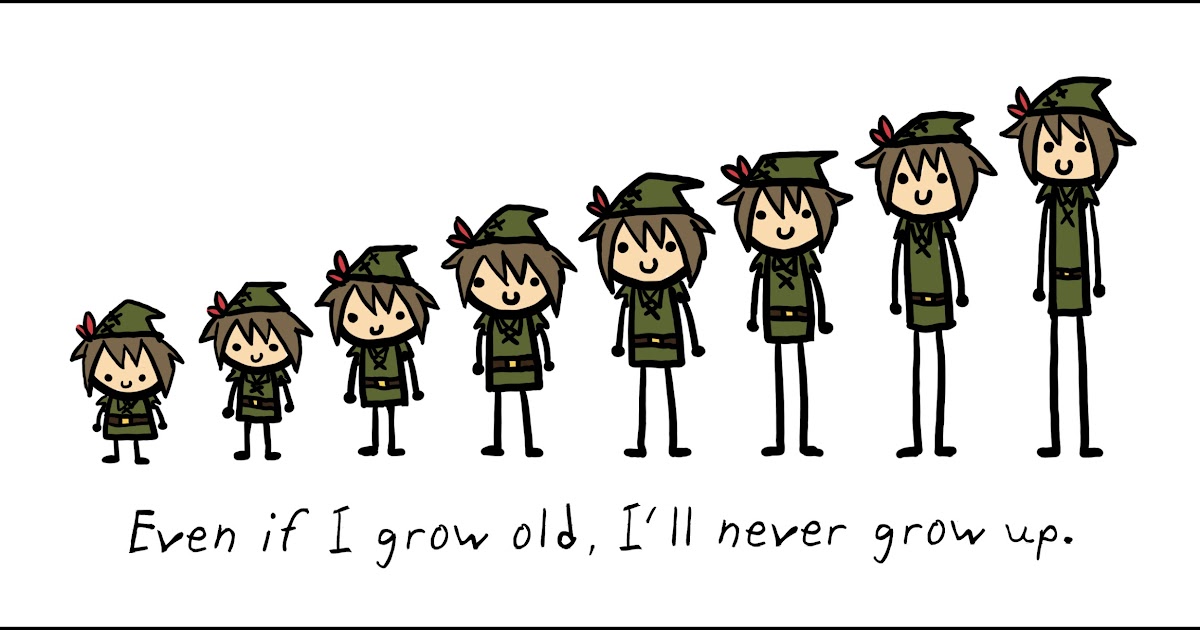 nine0004
nine0004
Let's take a closer look at physical exercises.
So that the results are not long in coming, get your child something from this list:
- Swedish wall;
- ropes;
- rings;
- ladder;
- horizontal bar or other sports equipment
After a light warm-up run (5-7 minutes), set aside 15-20 minutes for stretching and flexibility exercises. These are tilts, swings, bridges, splits. Here include hangs on the bar, first without weights, then one with a weight of 5-10 kg tied to the legs. Jumping, climbing a hill, alternating tension and relaxation, repeat 3-4 times. nine0004
The most decisive roll for increasing height is exercise equipment. The online store ROMANA.RU has a huge selection of home exercise equipment with a full description of the recommended exercises. The most effective exercises are considered to be exercises based on the laws of physiology. Berlin orthopedic professor Julius Wolff states that when exposed to certain conditions on bone tissue, it is realistic to cause its restructuring.



